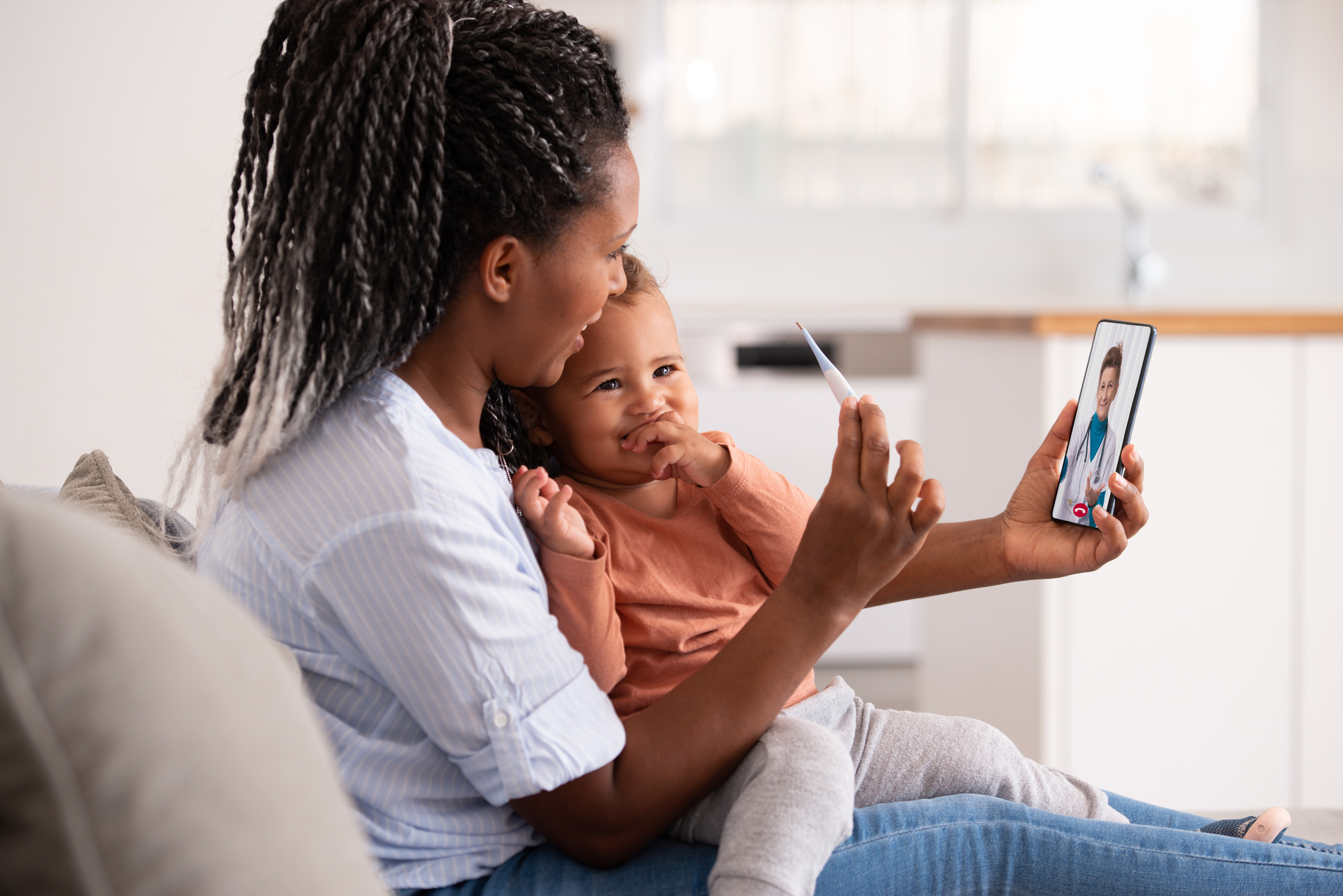In America, many workers are struggling with taking time off. You might feel guilty about not working or feel like there’s something wrong with taking a personal day.
In 2000, Americans used to take nearly three weeks of vacation a year. But that’s changing — in 2015, the average American took only 16.2 days off per year. That’s just over two weeks.
And with so many people working from home these days, it’s even easier to skimp on time off.
While productivity, discipline, and commitment to your work are positive qualities, taking time off is necessary for your mental and physical health. Many employers have a personal days policy and a sick days policy that allows you to take time off without it affecting your pay.
It may seem counterintuitive, but working without sick days or breaks can lead to poorer job performance and even poor health. When you work while under the weather, you can get sicker without rest and require a longer recovery time — and more days off!
Here’s how taking advantage of your sick days, taking breaks, and using your paid time off can keep you mentally and physically healthy.
Personal Days Help You Avoid Burnout
When you push your body and mind to work past their capacity for a long period of time, it can lead to burnout.
While feeling burned out looks different for every worker, below are some tell-tale signs you’ve been pushing yourself too hard:
- You feel tired and drained
- You have frequent headaches or muscle pain
- You experience a change in appetite
- You experience a change in sleep habits
- You have feelings of failure and self-doubt
- You feel defeated, lack motivation, or have decreased satisfaction
- You’re disinterested or don’t care about things you previously enjoyed
Burnout isn’t just exhausting — it can lead to real health problems. Prolonged stress can lead to illness, which might require you to take even more time off than you’d hoped as your body forces you to slow down.
You can easily avoid burnout by building rest and time off into your routine. Take breaks, plan vacations every year, and take a personal day when you start to feel symptoms of exhaustion or burnout creeping in.
The Benefits of Taking Personal Days
Many people have the idea that taking time off will cause work to pile up later. But if you plan ahead and talk to your co-workers, taking a personal day off from work can be exactly what you need to help you avoid burnout and recharge your productivity.
This is much easier said than done: American work culture normalizes being productive all the time. And there’s a new term for people working even though they’re not feeling 100%: “presenteeism.”
Presenteeism shows up when people are not fully competent at their job because they’re ill, injured, or otherwise compromised. When people continue working even though they need a break, they’re more likely to make mistakes and have long-lasting dips in productivity.
You might think of productivity as only ticking items off your to-do list, but rest is a necessary element of productivity. And it’s just as essential as everything else you do week after week!
When to Take a Sick Day
If you’re feeling exhausted, sick, or on the edge of getting burnt out, it’s time to take a day off and rest.
See if you can schedule a personal day for a Friday or Monday so you can have several days off in a row.
If you feel an illness coming on, take a day off before it knocks you out. Resting earlier will give your body the chance to fight off your cold or flu before your immune system becomes too compromised.
Why You Should Take Breaks
You’re not made to work hard all day every day forever. It’s more sustainable to work hard in short bursts, with time off in between.
Taking breaks throughout the day and week can:
- Improve productivity
- Help you feel more satisfied with your work environment
- Improve mental health and well-being
- Reduce stress
- Make you feel more engaged with your work
Breaks also reduce decision fatigue, increase creativity, and improve memory and focus.
Plus, if you make time for a healthy habit during your break — such as taking a walk during your lunch hour or preparing a healthy lunch while you’re working from home — you’re doubling up on your wellness.
Make sure your breaks include breaks from technology, too. Stepping away from screens can boost productivity, improve sleep, and allow you to better connect with the people around you.
Why It’s Essential to Get Enough Sleep
You might feel like you’re doing your employer a favor by staying up late and waking up early to work more. But Sleep deprivation can cause mood changes like irritability, difficulty focusing, worsened memory, and fatigue.
Every person needs a different amount of sleep. Most adults need seven to nine hours, but the amount of sleep you need might depend on your age, how physically active you are, if you’re on any medications, or a number of other different factors.
A good night’s sleep can lead to:
- Better concentration
- Improved memory
- Clearer thinking
- Better productivity
When you get enough sleep, you feel better and perform better at your job. That means getting a full seven to nine hours isn’t just good for your health — it’s good for your career, too!
The Benefits of Taking Vacations
There’s a myth that people who don’t take vacations are the ones most likely to get promoted at work.
Fortunately, research is showing the opposite: people who take vacations tend to be more likely to get a promotion or a raise.
When you look at the benefits of taking vacations, it makes perfect sense. Taking a vacation can:
- Reduces stress
- Boosts your outlook on life
- Improves your physical health
- Reduces depression and anxiety
- Improves productivity
When people come back from vacations feeling rested and rejuvenated, they’re clear-headed and hard-working — the ideal candidate for a promotion!
Three Ideas to Rest and Rejuvenate
Taking some time off doesn’t have to mean an expensive, lavish vacation. There are plenty of ways to get the break you need without breaking the bank or living outside your means.
1. Take a 15-minute Nature Walk
- Leave your phone at home and take a 15-minute walk through your neighborhood.
- Focus on the trees, the sky, the birds, and your surroundings.
- Connecting with nature calms your heart rate, reduces stress, and benefits your mental health.
2. Take a Train Trip
- Visit family or friends or travel somewhere new — by train!
- Train tickets are often cheaper than flights or the cost of filling up for a road trip. You can use the train ride to read, watch movies, or sleep.
- Traveling by train allows you to see areas of the country out the window you might never have seen before.
3. Have a Staycation
- Time off doesn’t have to mean leaving home. Many people are so busy they never get the chance to enjoy all the perks of their hometown.
- Schedule a few days off work, ideally around a weekend to give yourself a solid block of time. Take time for self-care, wellness, and fun:
- Go to an exercise class or exercise at home
- Practice meditation
- Attend a workshop or class you’ve been wanting to try
- Cook a delicious, healthy meal
- Eat at a local restaurant you’ve been wanting to go to
- Read
- See friends
- Spend time outside
Sleep as much as you need without setting alarms to wake you up in the morning. This will allow your body to fully rest (and can help you figure out how much sleep you really need).
Taking Care of Your Health as a Freelancer
Sick days are built into your benefits as an employee. Using them doesn’t make you a less valuable asset — it makes you a better performer during the time you’re working.
Don’t forget: freelancers need days off, too. Many freelancers and gig workers don’t get paid for sick days, personal days, or paid parental leave, but that doesn’t mean you don’t need time off.
By taking breaks, rest days, and vacations, you’ll be more productive when you are working. And you may even be able to avoid health problems in the future.
Learn the health risks to look out for as a freelancer and how to prevent them >
This article is not intended as medical advice. Always check with your doctor before embarking on a health and wellness plan.



